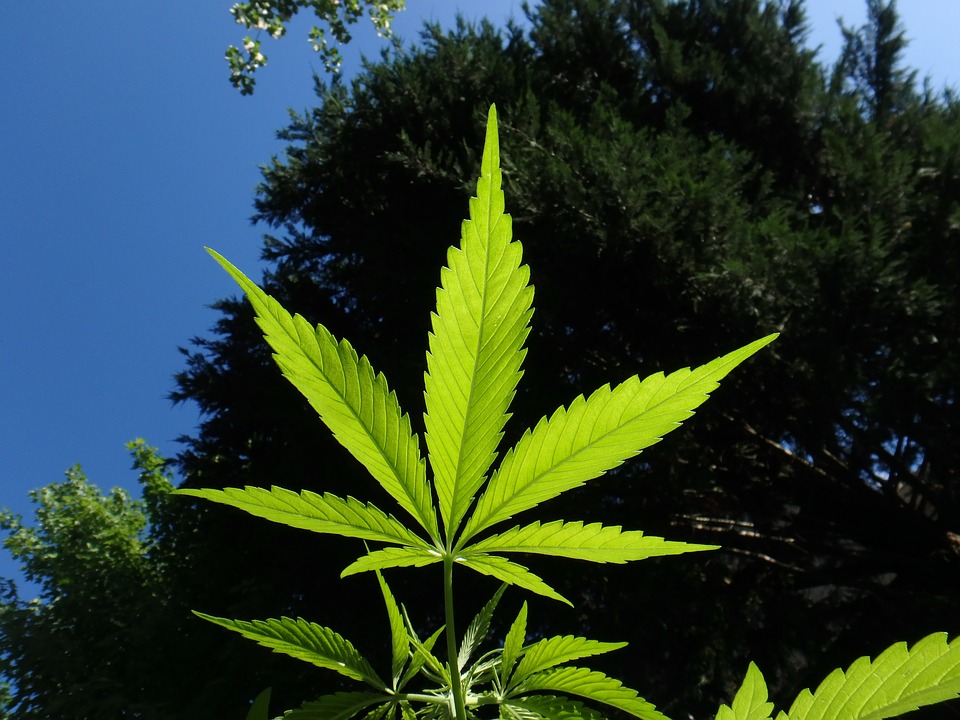You’ve probably heard about the benefits of using whole-plant cannabis as opposed to isolated cannabinoid extracts.
The famed “entourage effect”, a term coined in 1998 by S. Ben-Shabat and Raphael Mechoulam, is said to be at play in whole-plant applications – where the various cannabinoids, terpenes, and flavonoids all work synergistically to produce a superior effect to specific extracts used individually
Instrumental in the science of cannabis’ entourage effect is Ethan Russo, M.D., a neurologist who has extensively studied cannabis compounds and their role in the body. In his study “Taming THC: potential cannabis synergy and phytocannabinoid-terpenoid entourage effects,” he details how the numerous chemical compounds can have an influence on each other’s mechanisms.
Not so simple
However, as with all thing cannabis, things aren’t quite that black and white, as a recent study from South Africa suggests. Researchers Dr. Sindiswa Lukhele and Dr. Lesetja Motadi compared whole-plant extract and isolated cannabidiol (CBD) extract’s efficacy at treating cervical cancer in a laboratory setting. What they found was somewhat surprising.
While both CBD and cannabis extracts were shown to be effective at inhibiting cancer cell growth, even at varying concentrations, CBD on its own was more effective than whole cannabis extract overall. The authors also demonstrated that CBD was effective at much lower concentrations than the whole-plant extract.
“In conclusion, these data suggest that cannabidiol rather than cannabis crude extracts prevent cell growth and induce cell death in cervical cancer cell lines,” the study concludes.
The research, which is published in the BMC Complementary and Alternative Medicine, was instigated following previous findings that show the therapeutic effects of CBD on breast cancer and prostate cancer.
The study
In order to compare the anti-proliferative effects of whole-plant cannabis extract and CBD extract on cervical cancer cells, the researchers treated ninety microlitres of two different cervical cancer cell lines (HeLa and SiHa) with a complete cannabis extract and an isolated CBD extract at various concentrations (0, 50, 100, and 150 μg/ml (w/v)). Various effects were then measured, such as cell growth and apoptosis (cell death).
For different cell lines and whole-plant cannabis preparations, the IC50 (half maximal inhibitory concentration) ranged between 50 and 100 μg/ml, whilst for CBD alone, the IC50 ranged from 1.5 to 3.2 μg/ml. This suggests that isolated CBD extract, which was shown to reduce cell index in all cell lines, is more effective at treating cervical cancer than whole plant cannabis extract.
A huge global health issue
Cervical cancer remains a huge global health issue, especially among females of Sub-Saharan Africa, as the authors of the study note, estimating that over half a million new cases are reported each year in the region.
Cervical cancer was once the leading cause of cancer death among women in the United States, according to Centers for Disease Control and Prevention. Although those rates have reduced by almost 50 percent due to the widespread introduction of the Pap test, in some areas of Sub-Saharan Africa, where the researchers are based, over 80 percent of the population still relies on whole medicinal plants.
Although these results seem to refute the idea of an entourage effect being helpful in cancer treatment, the findings do contribute to the growing body of evidence that indicates cannabinoids’ cancer-fighting potential.
While more investigation is urgently needed in order to learn how CBD inhibits human cancer cells, these findings do show that the compound has great promise in eventually becoming a part of treating cancer. If these results were to be confirmed in human patients, it would constitute a huge breakthrough.
Until more investigation is carried out, and clinical studies performed, it is unclear what effect CBD extract has on cancer cells in humans. However, as many people have seen great results from using this remarkable compound, there’s no question that a whole lot more research needs to be done, which could potentially save thousands of lives.
[Image credit: Pixabay]








